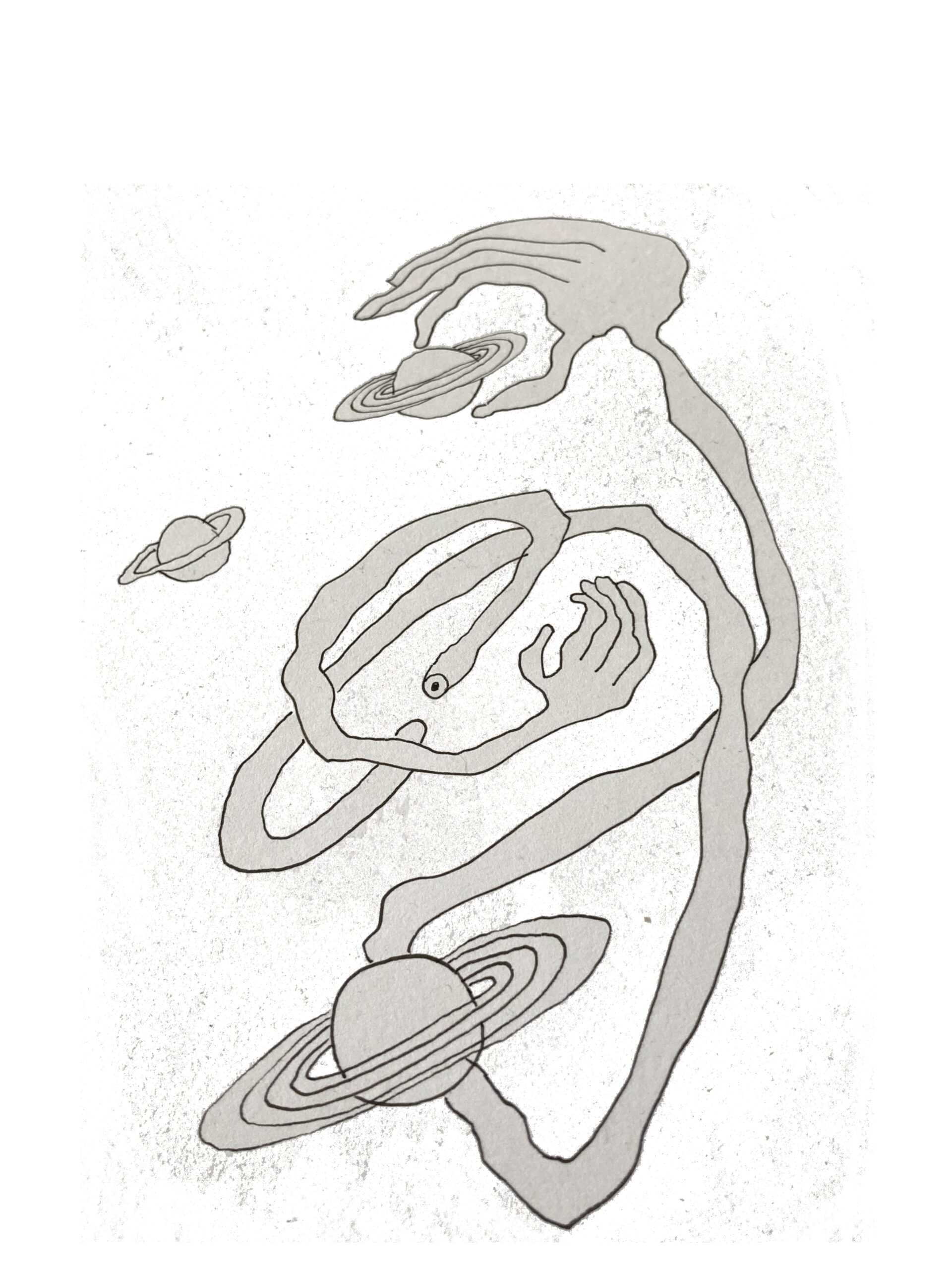About
Welcome to Scientific Imagination.The imagination is where all disciplines merge: No artist has ever created a work without the use of imagination, and no scientist has created a model or hypothesis without employing imagination. We use imagination every day, for example, to assess traffic situations or to assess risks. We use imagination when we think about what we are going to eat or how the conversation with our boss will go tomorrow.
But is this really imagination, or just visualization? What is imagination, and how does it work? With Scientific Imagination, I am mainly concerned with the question of what the role of imagination is in science, specifically when we are in search of new knowledge, discoveries, creativity, and invention. In my belief, the imagination is a process of reasoning, a way of thinking in which we use different ways of thinking than when we reason in language, for example. Using the imagination in our thinking, in a creative process, or in approaching a theory, is more akin to experience than to reasoning. By using our imaginations, we ‘see’ or ‘experience’ the situation at hand.
Welcome to Scientific Imagination
I’m a freelance philosopher of space and science, educator, and researcher, deeply passionate about exploring the philosophy of space. In summary, my journey as a freelance philosopher of science, educator, and researcher centers around the captivating realm of the philosophy of space. Through teaching at art academies (among other ArtEZ University), creating interdisciplinary research programs, and examining the influence of film on philosophy, I aim to shed light on the profound questions surrounding our existence. My commitment to fostering interdisciplinary collaborations drives me forward as I continue to push the boundaries of our understanding of space and its philosophical implications. My research journey has led me to join the esteemed Advanced Concepts Team at the European Agency in 2023, as a philosopher in residence, where I explore the role of imagination in space science.
My academic journey led me to obtain a master’s degree in the philosophy of science, with a particular focus on Johannes Kepler’s science fiction masterpiece, “Somnium” (1634). Recently I joined the Freudenthal Institute, History & Philosophy of Science. Under the guidance of dr. Guido Bacciagaluppi (Utrecht University), dr. Mike Stuart (York University, UK) and dr. Jai Grover (ESA ESTEC, Advanced Concepts Team) my research focuses on the epistemic value of imagination in space science and exploration.
In my PhD thesis, I propose to look at a particular part of space science practice: their use of imagination. Mission planners use imagination to envision potential scenarios and develop contingency plans in case of unexpected events. How do you decide where to land on Mars with limited data about the environment? They use imagination on-the-fly to deal with events that were not in the contingency plans. Could we grow an exoskeleton on people to assist those who are living in space for extended periods of time? What is the role of imagination when it comes to forming new theories and models about exo-planets or black holes? Maybe these questions seem far-fetched, but they are part of everyday practice for teams that are working in the (public and private) space industry sector.
The first question is: how do space scientists themselves conceive of the role of imagination is their work? Second, what is the value of imagination in future space missions (if any), and how can we account for that value, and perhaps even improve it?
Overall, this project seeks to shed light on the epistemology of scientific imagination, as well as motivate greater attention to the philosophy of space science. Finally, and more broadly, I want to argue for the importance of imagination in space science when it comes to the ethical-political-social (disruptive) implications of the ‘how and why’ of space missions.
By talking to artists, scientists, and designers, I investigate the role of the imagination in their work fields and professions. The purpose is to outline what imagination does when it is used as a guide to possibility in science and to sketch a picture of the problems that may be encountered. Through the eyes of different disciplines, I aim to gather a wide range of perspectives on the function of imagination. The philosophical quest of this project is based on the wish to understand more about the role of imagination in our understanding of the world.
For more information about projects and experience, take a look here.
Add me on LinkedIn, or follow me on Twitter
Thank you for your interest,
Sabine Winters
